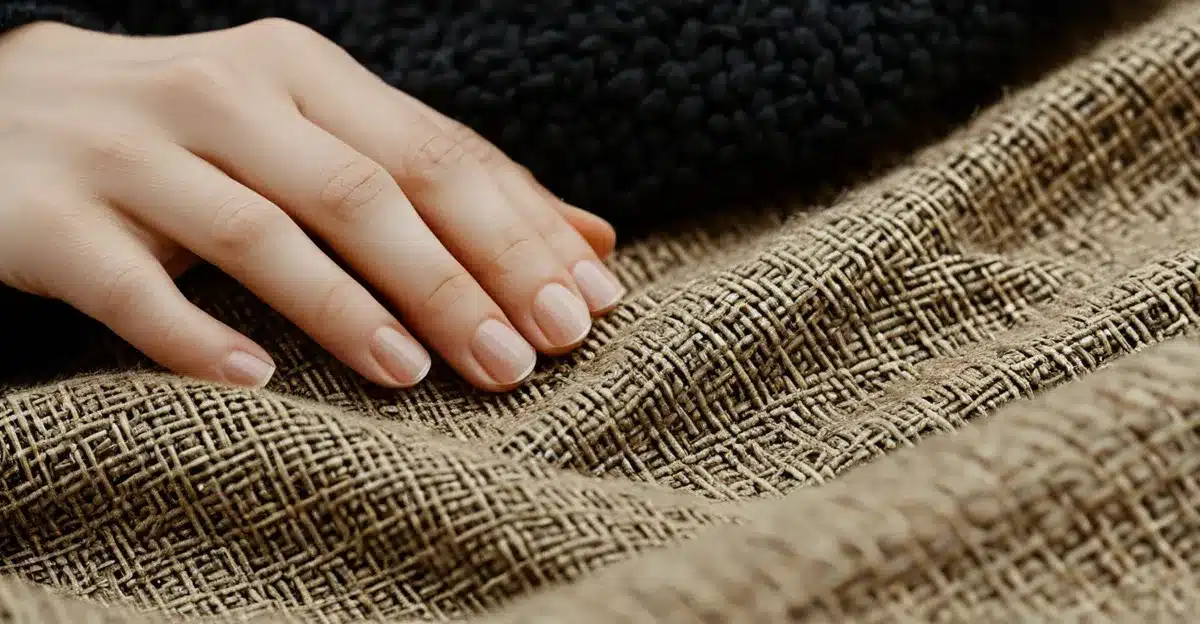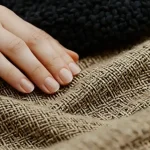Overview of Sustainable Materials in UK Fashion
Exploring the core of eco-conscious choices
The UK fashion industry sustainability is undergoing a transformative shift driven by increasing consumer awareness and demand for responsible production. Sustainable materials UK fashion brands prioritize are those that minimize environmental impact throughout their lifecycle. This includes reduced water usage, lower carbon footprints, and biodegradability.
This might interest you : How Are UK Fashion Trends for Women Shaping the Future of Dress Codes?
Eco-friendly fabrics UK commonly encompass organic cotton, hemp, recycled polyester, and Tencel®. These materials are carefully sourced to meet stringent criteria such as ethical farming practices, chemical-free processing, and recyclability. The definition of sustainable materials extends beyond the fabric itself to incorporate production methods that support circularity and long-term ecosystem health.
Importantly, UK-specific standards and certifications, like the Global Organic Textile Standard (GOTS) and the Soil Association Organic Standard, play a vital role in shaping sourcing choices. Consumers in the UK increasingly expect transparency and traceability, influencing brands to adopt sustainable materials that align with local environmental values and legislation.
Additional reading : What Are the Latest Innovations in Women’s Fashion Coming from the UK?
This synergy between regulations and consumer preferences accelerates the adoption of sustainable fabrics in UK fashion. As demand for these materials grows, manufacturers invest more in innovative eco-friendly fabrics UK options, promoting a greener, more responsible fashion industry in the UK.
Most Popular Sustainable Materials in UK Fashion
The UK fashion industry increasingly embraces popular sustainable fabrics as consumers demand eco-friendly options. Among these, organic cotton UK stands out due to its natural cultivation methods without harmful pesticides. Organic cotton offers softness and durability, making it a preferred choice across many UK brands committed to sustainability. Its production also uses less water than conventional cotton, aligning with environmental goals.
Another key material is recycled textiles UK, particularly recycled polyester derived from plastic waste like bottles. This fabric supports the circular economy by reducing landfill and ocean pollution. Brands integrating recycled polyester demonstrate significant progress toward circular fashion, extending material life cycles and cutting carbon emissions.
Additionally, TENCEL and lyocell fabrics are gaining traction in UK fashion. Produced from sustainably sourced wood pulp, these textiles offer breathability and biodegradability. Their eco-friendly manufacturing process uses a closed-loop system, minimizing waste and chemicals, which appeals to the environmentally conscious UK market.
Hemp fabric, known both traditionally and in contemporary apparel, provides strength and antimicrobial properties. While less common, hemp is valued for its low environmental footprint and is gradually reappearing in UK sustainable collections, contributing to diversity in popular sustainable fabrics in the UK.
Environmental Impact and Sourcing of Key Sustainable Materials
Delving deeper into eco-conscious fabric choices
Choosing eco-friendly material sourcing UK for textiles significantly reduces environmental strain. Organic fibres, for instance, cut down water consumption dramatically compared to conventional cotton farming. This sustainable fabric production lessens chemical dependency, preventing harmful pesticides from contaminating soil and water. Such practices promote healthier ecosystems and safer working conditions.
Recycled fabrics contribute further to environmental benefits sustainable fabrics offer. By repurposing existing materials, manufacturers minimize waste accumulation in landfills. This process also reduces greenhouse gas emissions since the energy demand for recycling is typically lower than producing virgin fibres. These factors combine to produce a substantially smaller carbon footprint.
Transparency in UK-based sourcing ensures consumers know the origin and treatment of sustainable fabrics. Clear supply chains build trust and uphold ethical standards in the textile industry. When eco-friendly material sourcing UK is prioritized, environmental accountability improves, reinforcing positive impacts on local communities.
Together, these approaches form the backbone of sustainable fabric production. They exemplify how environmental benefits sustainable fabrics deliver extend beyond the product itself—encompassing water and chemical savings, carbon footprint reduction, and responsible, traceable sourcing in the UK.
UK Fashion Brands and Industry Initiatives Leading Sustainable Material Adoption
The rise of UK sustainable fashion brands reflects a growing commitment to eco-conscious material choices. High-street names and independent labels alike emphasize the use of organic cotton, recycled polyester, and innovative bio-based textiles. These fabrics reduce environmental impact while maintaining quality, aligning with consumers’ increasing demand for responsible fashion.
UK brands often collaborate with trusted certification schemes such as the Global Organic Textile Standard (GOTS) and the Better Cotton Initiative (BCI). These eco-initiatives in fashion UK ensure transparency in sourcing and promote sustainable farming and production practices. By adhering to these certifications, brands build trust and validate their green claims.
Industry partnerships are also crucial drivers for green fashion leaders UK. Consortia involving fashion companies, research institutions, and environmental organizations foster material innovation, such as developing biodegradable fibers or low-water dyes. Notable initiatives like the Sustainable Clothing Action Plan (SCAP) support collective efforts to minimize waste and carbon footprints in the production cycle.
Such coordinated actions reveal how UK fashion is not only adapting to sustainability requirements but actively shaping global standards. The integration of certified sustainable fabrics within collections, backed by robust partnerships and industry initiatives, positions the UK as a leading region for eco-conscious material adoption in fashion.
Consumer Choices and Trends in Sustainable Materials
Understanding evolving preferences in eco-conscious shopping UK
The UK market shows a clear surge in sustainable fashion consumer trends. Shoppers increasingly seek transparency about garment origins and embrace brands prioritizing ethical production processes. This growth is especially notable among younger demographics who prioritize environmental impact when making fashion purchases.
Eco-conscious shopping UK is not limited to niche boutiques but penetrates mainstream markets. Consumers actively pursue sustainable textiles like organic cotton, recycled polyester, and innovative plant-based fibers. These materials appeal because they reduce dependence on resource-heavy fabrics and lower carbon footprints, factors that resonate strongly with eco-aware buyers.
Material innovations significantly influence purchasing decisions. The appeal of textiles such as bamboo or hemp lies in their biodegradability and minimal chemical processing, aligning with consumers’ desire for low-impact alternatives. Brands adopting these innovations gain competitive advantage as UK buyers increasingly favor garments combining style with sustainability.
As the demand for sustainable fashion consumer trends UK grows, transparency and material choices will continue shaping retail strategies. This shift suggests a long-term commitment from UK shoppers toward environmentally responsible fashion, reflecting a broader cultural embrace of eco-conscious shopping UK principles.







